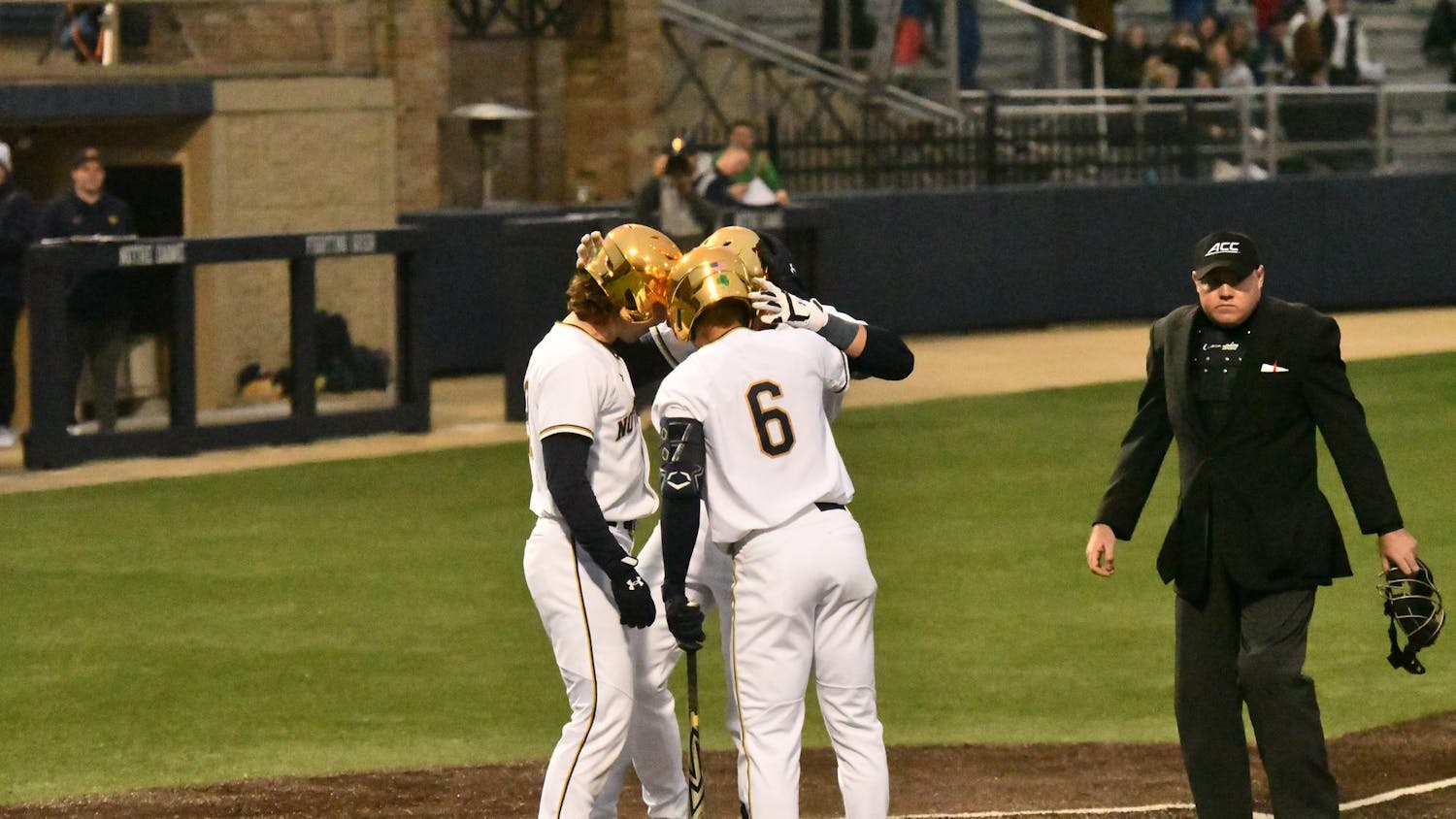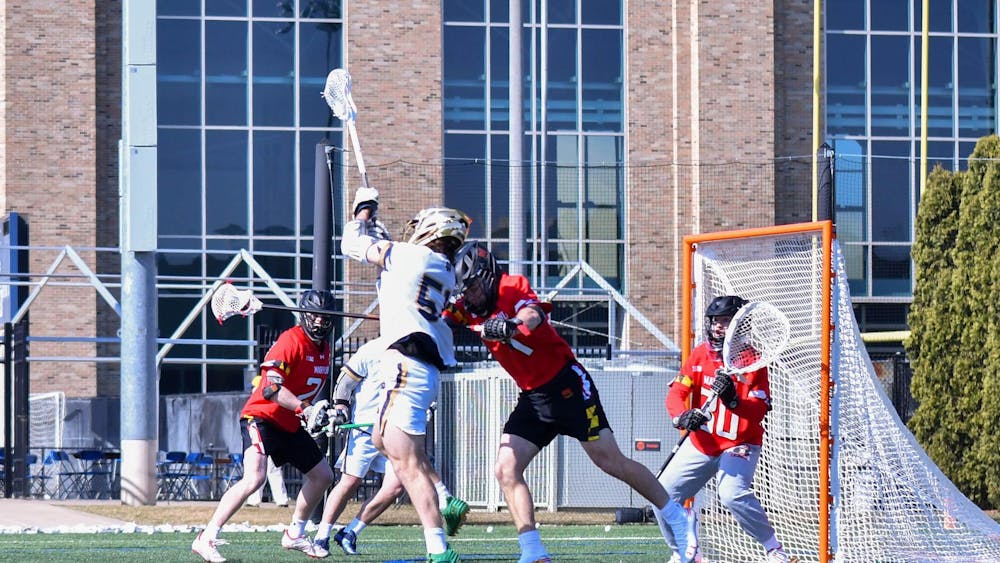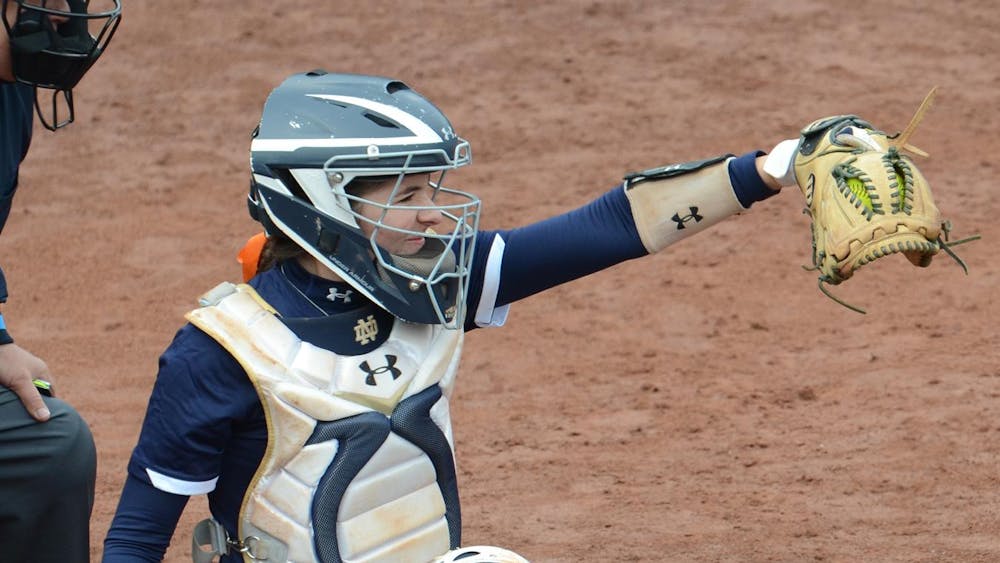If you were only paying attention to matchups, it was a pretty quiet fourth week of college football. Unlike Alabama-Texas A&M last week, there was no must-see, season-defining game. But when several Georgia, Georgia Tech and Northwestern players took the field with the acronym "APU" written on their gear, they took a stand that could have far more implications for college football than any single game can.

"APU" stands for All Players United, a new campaign started by the National College Players Association (NCPA) for better treatment of student-athletes on a wide range of issues, including player safety, education opportunities and compensation.
What's so important about these players' protest? It didn't change the outcome of the games they played in, and it won't change NCAA policy in the immediate future. All the same, this protest is significant because it's a historic milestone in the push for NCAA reform. Never before have players protested on the field during a game.
All of this is hugely important because the NCAA and its president, Mark Emmert, can't ignore the writing on the wall much longer, no matter how hard they try.
Just a week ago, Emmert said, "One thing that sets the fundamental tone is there's very few members, and virtually no university president that thinks it's a good idea to convert student-athletes into paid employees. Literally into professionals. Then you have something very different from collegiate athletics."
Emmert makes $1.7 million a year. That's $1.7 million more than any of the college athletes who make his salary possible. It's bad enough that Emmert can't realize the hypocrisy, but college athletics isn't a $1.7 million dollar industry. It's a one billion dollar industry, and almost none of it goes to the people who make it possible.
There's nothing wrong with amateurism or playing for school pride. But it's reprehensible to use amateurism as a way to deny someone their fair share. And whether or not college athletics started with the ideal of amateurism, it's undeniable that when the NCAA sells the television rights to March Madness for $11 billion, money is a huge factor in today's college sports world.

That's why it's more than a bit ironic that ESPN's cameras caught the "APU" scrawled on the wrist tape of Georgia Tech quarterback Vad Lee. ESPN is the sports media giant that will pay the NCAA over five billion dollars to televise the Football Bowl Subdivision (FBS) playoffs, starting in 2014. That's not even mentioning the even more lucrative deals ESPN has with numerous conferences. So ESPN, when it covers the protest, is giving attention to people that are protesting its own complicity in the NCAA's corruption.
Of course, there are some legitimate counter arguments to this. Yes, athletes get a valuable education at a fraction of the cost. Yes, those billions from television deals are often used to benefit other vital, sometimes academic, programs of the university.
But the simple truth is that the athletes are the ones who generate the revenue and they should get their fair share. A scholarship, while certainly nice, isn't worth millions, especially if one considers the dreadful graduation rates of top college football programs.
Without a degree, players have about a 10-year window in the NFL to make enough money to last them a lifetime. And that's not even mentioning the years of pain and medical bills brought on by concussions, blown knees and torn muscles.
These are the reasons why a massive anti-trust lawsuit is slowly moving its way through the courts. The NCAA has long partnered with EA Sports to produce the video game series NCAA Football. In the game, likenesses of players are used. For example, former Michigan quarterback Denard Robinson was featured on the cover of the game's most recent edition.
Both the NCAA and EA Sports profit from the game, but the actual players - the reason many people buy the game - get nothing. A group of former college athletes, led by former UCLA basketball player Ed O'Bannon, is suing for the revenue that should have gone to all the players featured in the game and other similar college sports video games. Even though the process is a long and arduous one, it will most likely result in a massive payoff.
Why else would the NCAA choose to end their deal with EA Sports this year? Mark Emmert and the NCAA know what they were doing is legally indefensible.
That's why All Players United matters. Because the players know what they are due, and they're letting the NCAA know that they won't be exploited anymore.
Contact Greg Hadley at ghadley@nd.edu
The views expressed in this Sports Authority are those of the author and not necessarily those of The Observer.












